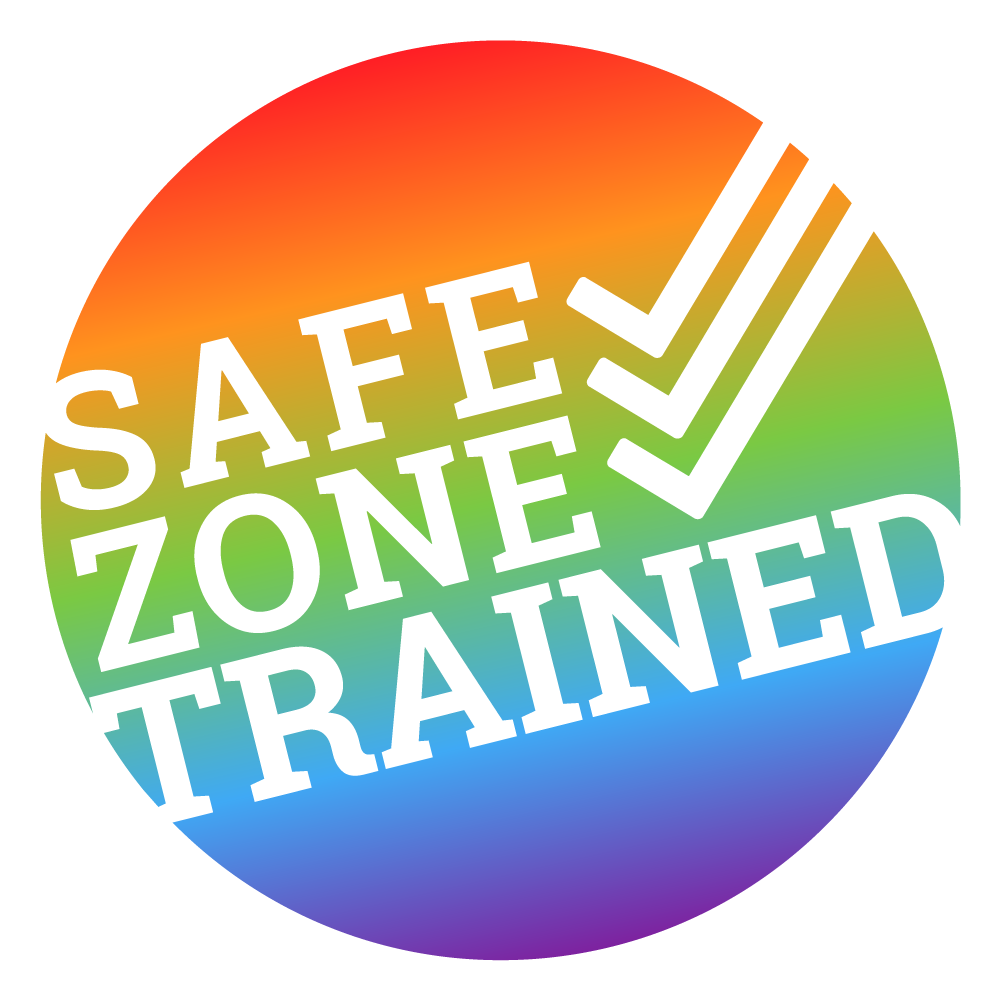Compassion Fatigue and Stages of Grief
Compassion Fatigue and Stages of Grief
I have read Dr. Kübler-Ross's book On Death and Dying. Kübler-Ross’s model was based on her work with terminally ill patients and has been a source of discussion and criticism in the years since. It is important to note that, in the early stages of her research, people studying her model mistakenly believed that this was the specific order in which people grieve and that all people go through all stages. She wanted to correct the misunderstanding, emphasizing that people cycle through stages, and it is not just a linear process.
Grief does not just dwell within physical death. There can be all forms of grief such as anticipatory grief (e.g. anticipating death from a cancer diagnosis), a divorce, a breakup, loss of a pet, and coming to terms with one's past (e.g., shadow work).
According to the Kübler-Ross model, the stages of grief include denial, anger, bargaining, depression, and acceptance. These stages do not necessarily occur in consecutive order but offer a framework for understanding how individuals process loss. In denial, people may struggle to accept the reality of their loss and feel numb or in shock as a way of pacing the intensity of their emotions. Anger may follow as individuals may rage with the unfairness of the situation, often redirecting their frustrations toward others or themselves. Bargaining reflects an attempt to regain control or undo the loss, often accompanied by guilt or shame (e.g., praying that if this situation is reversed, I will change ____). Depression sets in when the reality of the loss becomes unavoidable, leading to feelings of hopelessness, withdrawal, and deep sadness. Finally, acceptance represents a stage of adjustment, where individuals acknowledge the loss and begin to move forward while carrying the memories of what was lost (HealthCentral., n.d.).
Forgiveness plays a significant role in grief. Even if an individual is not ready to fully forgive themselves or a family member who is dying, acknowledging the pain, expressing the emotions tied to it, and choosing to let go of its power over someone grieving can be transformative. It’s not time alone that heals wounds but what we choose to do within that time. Grieving left unaddressed drains a person's energy, and while grief itself is natural and normal, holding onto that pain for years is unhealthy and it is encouraged to be addressed.
To assist a family experiencing denial, it is important to create a safe space for them to process their emotions and gradually confront the reality of their loss. One strategy is active empathic listening, where family members are able to express their thoughts and feelings without judgment. This can help them begin to articulate their emotions and move toward acknowledgment of loss. Another strategy is providing factual information gently and compassionately, for example, clarifying medical diagnoses or events while showing empathy for their feelings. A helpful resource during this stage is a support groups, where the family can connect with others who have faced similar losses. This shared experience can help break through the isolation that often accompanies denial and provide a sense of understanding and community.
Compassion fatigue occurs when caregivers, such as social workers, healthcare professionals, and first responders, experience emotional and physical exhaustion from constant exposure to others who share traumatic experiences. Compassion is distinctly different from 'Burnout' in the sense that not all professions experience compassion fatigue. Warning signs include feeling irritable or "on edge," becoming easily overwhelmed, suffering from mental and physical exhaustion, having difficulty sleeping, and experiencing a decrease in work satisfaction. Other symptoms may include a lack of empathy, a pessimistic attitude, impaired judgment, and a sense of isolation. To reduce these symptoms, it is a social workers ethical responsibility to engage self-care activities such as exercising, taking breaks, meditating, or pursuing hobbies to relieve stress. Additionally, connecting with peers or supervisors for support and sharing experiences can help maintain emotional well-being and ensure effective caregiving (Sweileh, W., 2020, July 13), (National Association of Social Workers. (2022.).
According to the National Association of Social Workers' (NASW) Code of Ethics, there isn't a specific ethical standard on self-care, however, Social Workers' Ethical Responsibilities as Professionals, the importance of self-care as an ethical responsibility is implied under Standard 4.05: Impairment. This standard states that social workers must take steps to maintain their physical, emotional, and mental health to perform their duties effectively and ethically. Ethical Standard 4.05 emphasizes that personal issues, such as stress or illness, should not interfere with professional responsibilities, and if these issues arise, social workers must seek appropriate help. We cannot ethically or professionally provide services to others if our personal issues interfere with our ability to serve effectively (National Association of Social Workers., 2021, 4.05).
References
LATEST BLOG POST
Search Results

